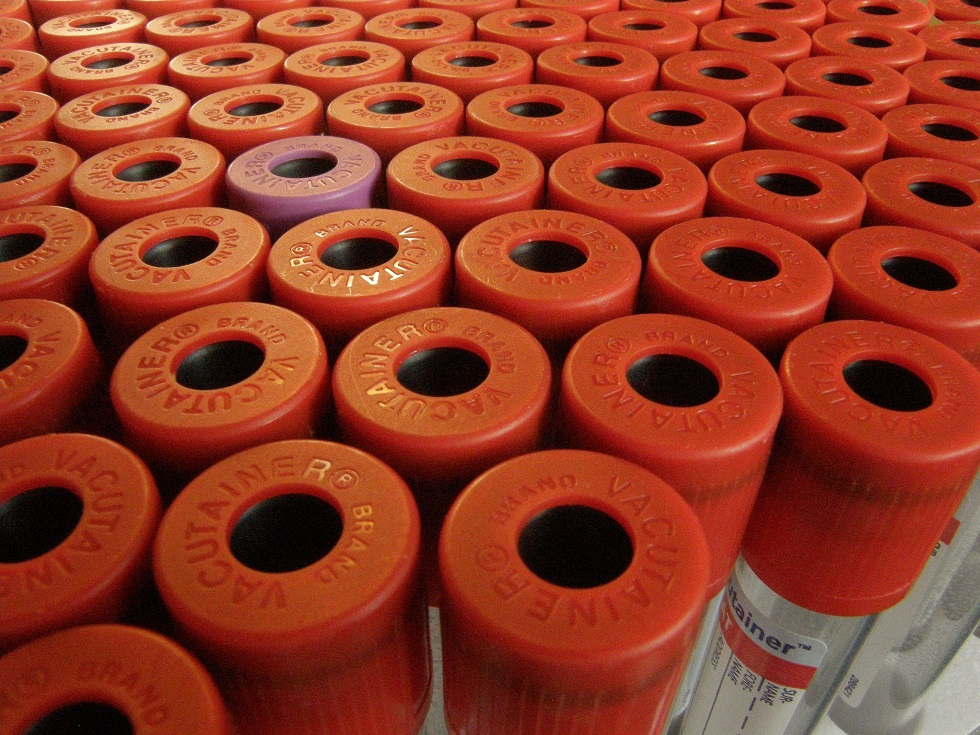Species: All
Specimen: Plasma (includes fibrinogen) or serum (has no fibrinogen)
Container: Red top, EDTA, or heparin tube.
Collection protocol: Fasted sample preferred.
Special handling/shipping requirements: Standard
General information about the disease: Helpful in the assessment of a wide variety of conditions (see below).
General information about when this test is indicated:
Includes albumin and globulins. Most produced in liver (albumin, most alpha and beta globulins) with some produced in lymphoid tissue in response to antigenic stimulation (gamma globulins/immunoglobulins). Fibrinogen (in beta fraction) is converted to fibrin when blood clots so is not present in serum, only plasma. TP may remain in normal limits even when albumin or globulin is not, so evaluate all three.
Major differentials:
- Increase: Dehydration, inflammation (includes infectious, neoplastic, traumatic, immune mediated etc.), B-lymphocyte neoplasia, nephrotic syndrome.
- Decrease: Inflammation, haemorrhage, reduced protein intake, malabsorption, maldigestion/exocrine pancreatic insufficiency, hepatic disease, protein losing enteropathy, protein losing nephropathy, effusive disease, exudative disease, severe burns, haemodilution (e.g. IV fluids), hypoadrenocorticism, cachexia, failure of passive transfer in neonates, inherited or acquired immune deficiency.
Comparison with other related tests: Interpret in conjunction with albumin and globulin to help differentiate possible causes. E.g. after external haemorrhage albumin and globulin are expected to reduce in parallel.

